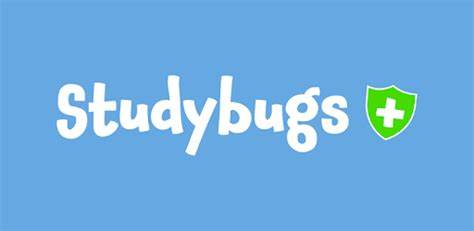Art KS3
At Campion, we believe that a harmonious balance between a structured learning program and students' innate creativity is essential for fostering artistic expression. Our approach encourages flexibility, enabling ideas and imagination to flourish within a guided framework. The primary objective of our art curriculum at Key Stage 3 (KS3) is to cultivate fundamental art skills and knowledge that will serve as a strong foundation for future educational stages.
The focus of KS3 is to deepen students' understanding of key visual elements in art. We aim to explore these elements in thematically relevant contexts, reinforcing their significance by examining the essential terms and definitions of Line, Tone, Colour, Pattern, Shape, Form, Texture, and Composition.
Each thematic unit will incorporate a range of practical methods, techniques, processes, and experiments. Students will engage with various 2D materials, including painting and colour mixing using watercolours, poster paints, and watercolour pencils. They will also explore drawing and mark-making using diverse materials such as Biro, fine-liners, oil pastels, chalk, and charcoal. Basic printmaking techniques, including styrofoam and mono-print methods, will be introduced where suitable. In addition, students will acquire foundational photography skills.
In 3D art, students will work with clay, papier-mâché, wire sculpture, and recycled materials. KS3 projects will also encompass a variety of surfaces, including newspaper, fabric, tissue paper, canvas, card, and watercolour paper.
Throughout the curriculum, students will be introduced to various artists, photographers, designers, and craftspeople, allowing them to gain insights into artistic terminology and historical timelines. We will explore significant art movements while making connections to a diversity of cultures and perspectives, fostering an appreciation for both traditional and contemporary artworks and highlighting their similarities and differences.
Students will engage in annotation, note-making, and personal reflection, encouraging them to express their views and evaluate artistic work critically. We promote independent learning while nurturing creativity and expression in both individual and group settings. Students will follow structured briefs while also having opportunities for creative freedom, preparing them for eventual elective choices. They will learn to engage in thoughtful debate, critique, and in-depth analysis of artworks, producing pieces that convey messages to a broader audience.
Through these experiences, students will make meaningful connections to their personal ideas and artistic development. Additionally, they will explore modern creative techniques utilising apps, digital technologies, and computer software.
**Thematic Units:**
- Portraits / Icons (African Art)
- Landscape / Architecture / Environment
- Vanitas / Day of the Dead (Mexican Folk Art)
- Figures and Fashion
This comprehensive curriculum is designed to enrich our students' artistic journeys, equipping them with the skills and knowledge necessary for future success in the arts.

